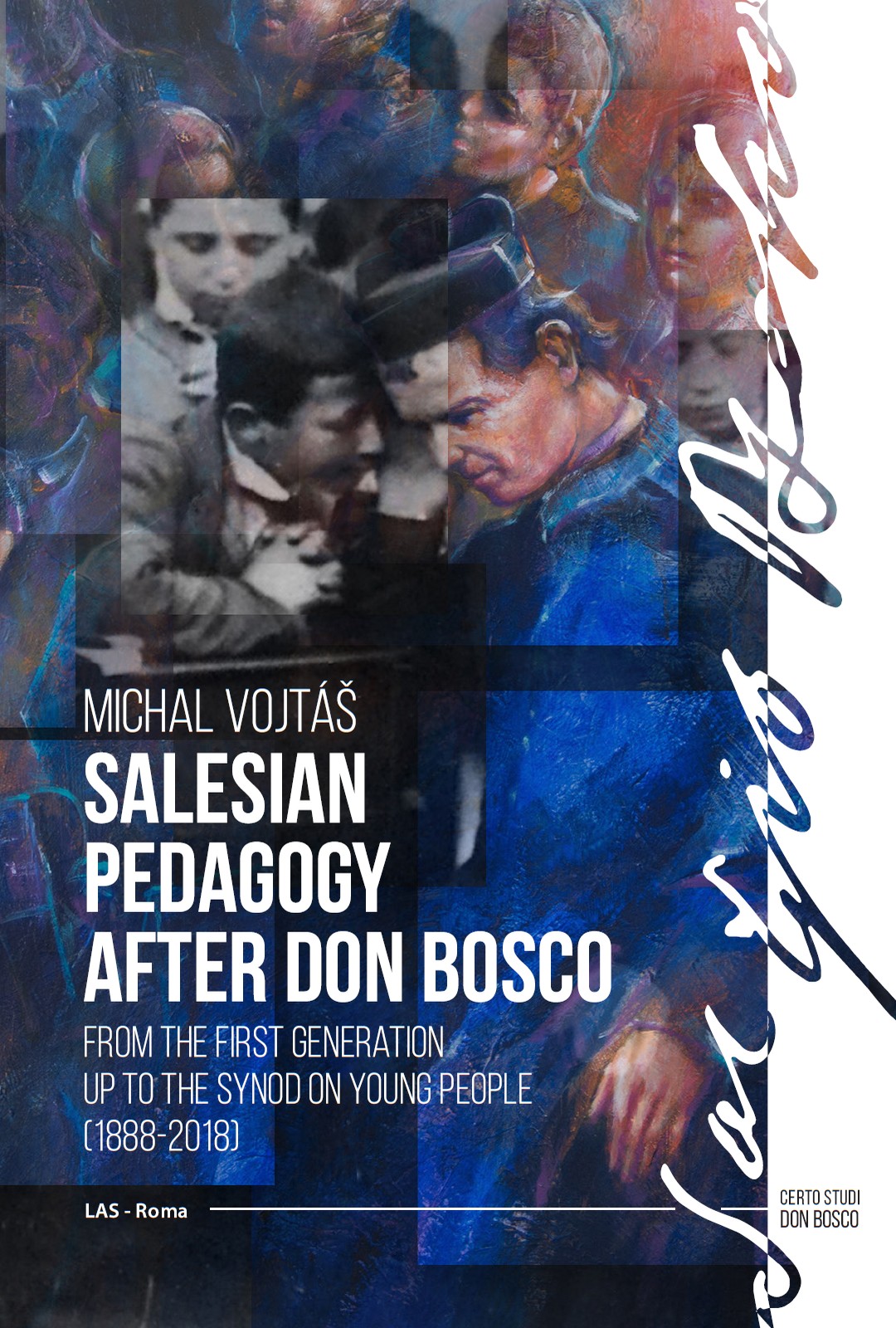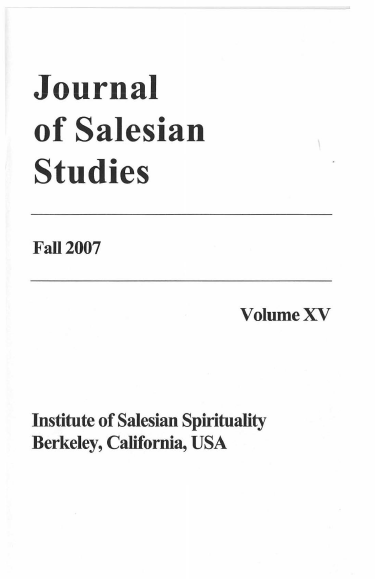La pédagogie salésienne élabore des réflexions qui vont au-delà de la reconstruction historique des contextes, des expériences et des visions originales de Don Bosco sur l’éducation. Les recherches publiées dans le présent volume, poursuivant cette trajectoire, étudient principalement les formulations pédagogiques des générations salésiennes successives et, en termes de méthode, tentent de dépasser la stérilité des reconstitutions purement documentaires. Continue reading “Michal Vojtáš – Pédagogie salésienne après Don Bosco: De la première génération au synode des jeunes (1888-2018)”











